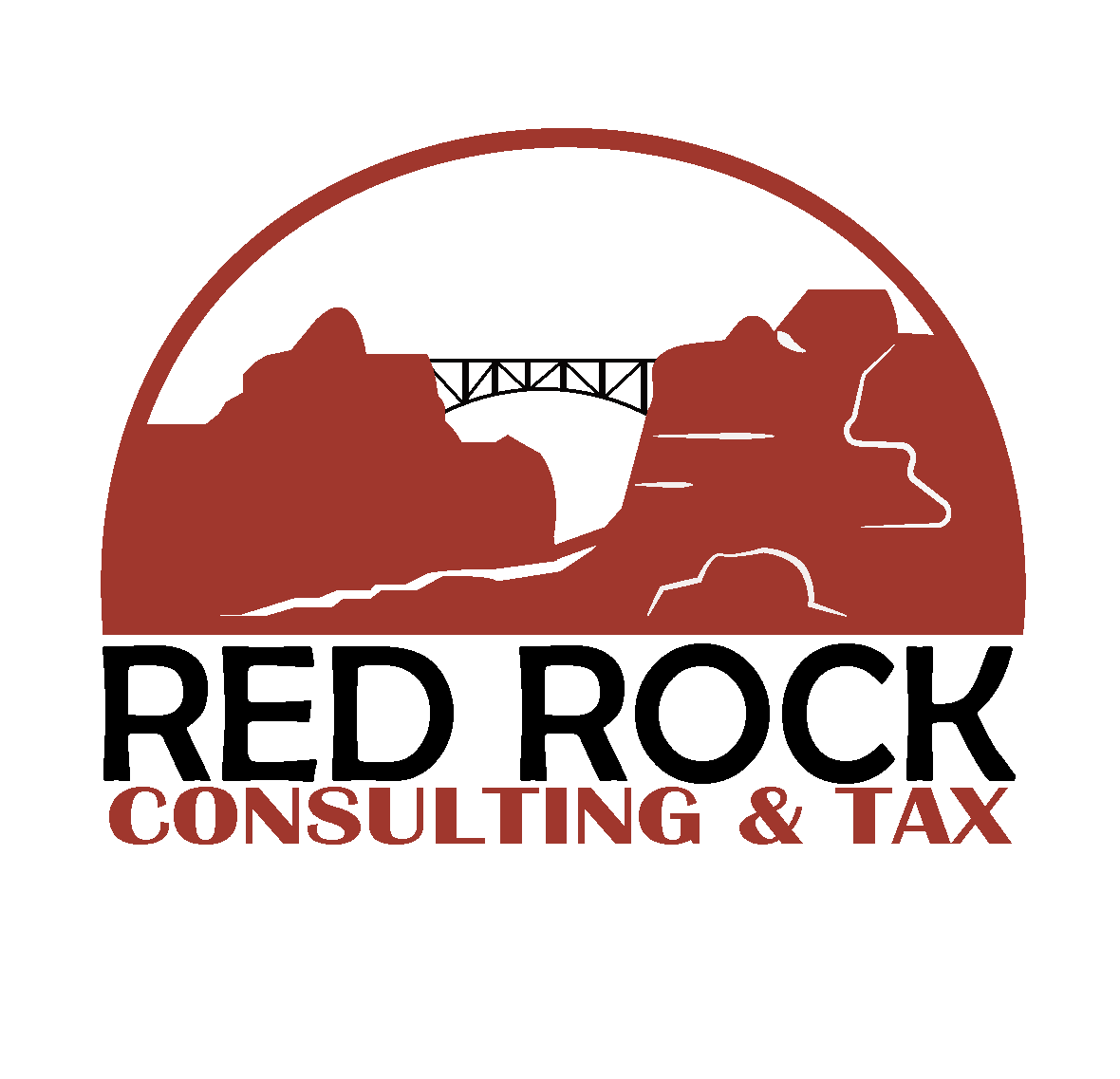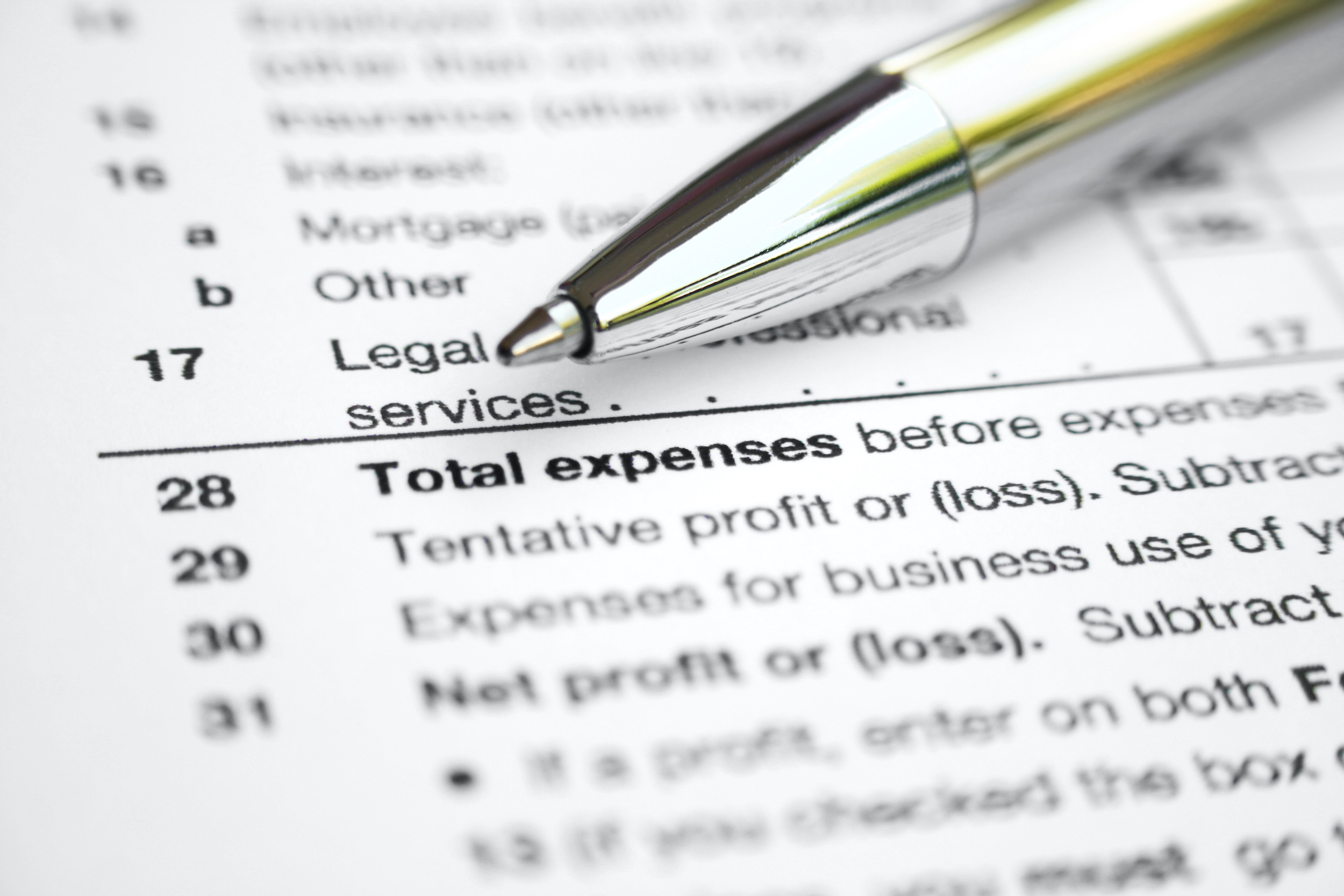We’ve previously discussed HERE the startup of a business, so here’s the continuation of more things to track your expenses with your small business. And trust us, you’ll appreciate doing this now, rather than later.
Different types of Business Expenses
- Business travel: this can include mileage out-of-town to conventions, picking up equipment, educational courses, etc. This can also include meals and entertainment while you are attending any of the above mentioned travel activities.
- Vehicle expenses: obviously the mileage as we discussed before, but also the registration, insurance, etc. of a vehicle if it’s used only for your business. (Running to your kid’s baseball game won’t count.)
- Home office expenses: this can include computers, phones, or other electronics specific to your small business. It can include other home-related expenses like repairs to an office, etc.
Booking keeping and payroll are both important expenses that your small business needs to account for.
You may want to invest in your own software for both of these. Early on, you can use Excel, Quickbooks, or Wave. We suggest hiring someone, (like us), to help you set up your books and your payroll. We offer virtual CFO services if you can’t get into any of our offices. A virtual CFO allows you the opportunity to take care of small business accounting tasks like:
- Debt financing management
- Book-keeping management
- Reconciling bank accounts
- Generating income and balance sheets
- Tax filing management
Also, virtual CFO’s can reconcile your business bank account, generate income statements and balance sheets, and provide virtual consultations to help manage your small business. Even if you’re not sure about hiring a virtual CFO, meeting with a qualified accounting and tax preparer will help you start your small business and keep your small business running smoothly.

